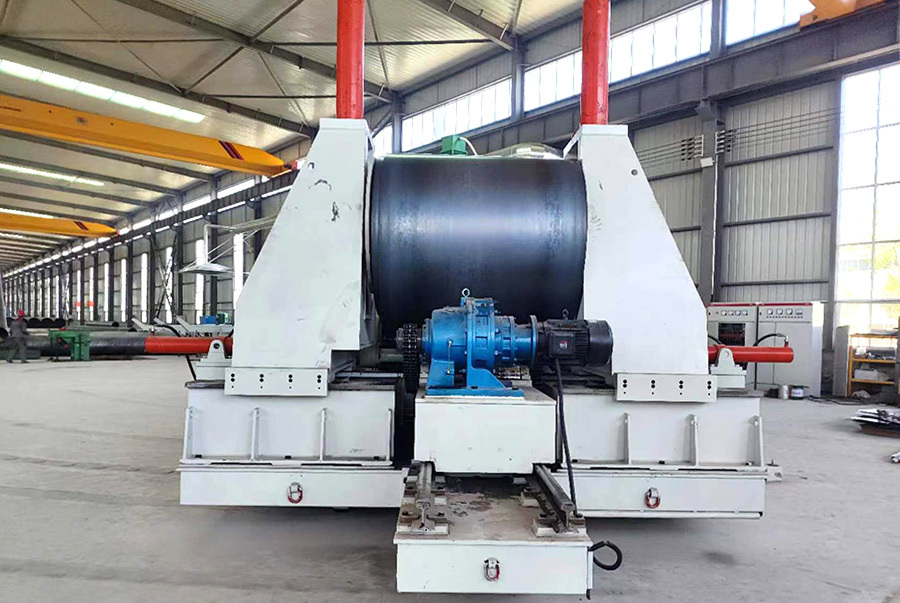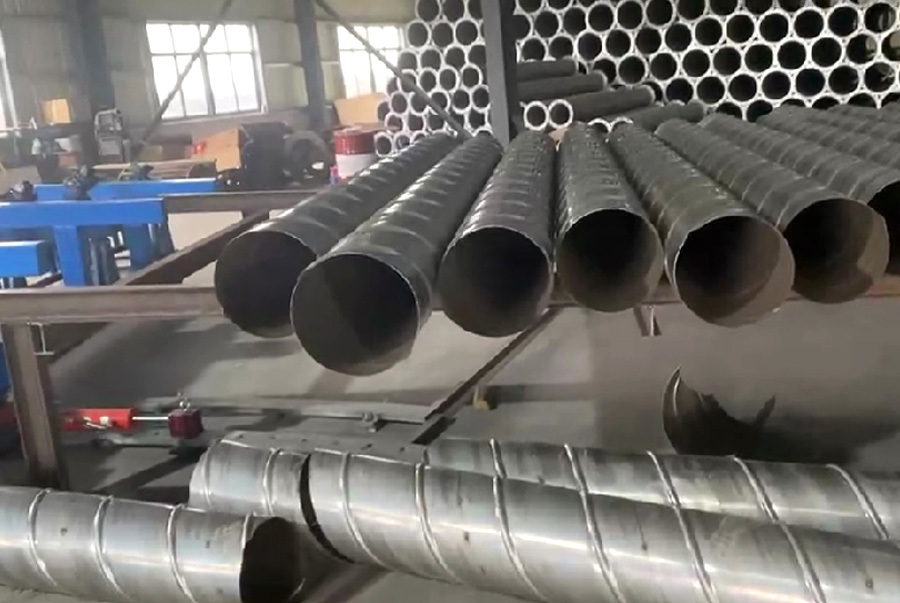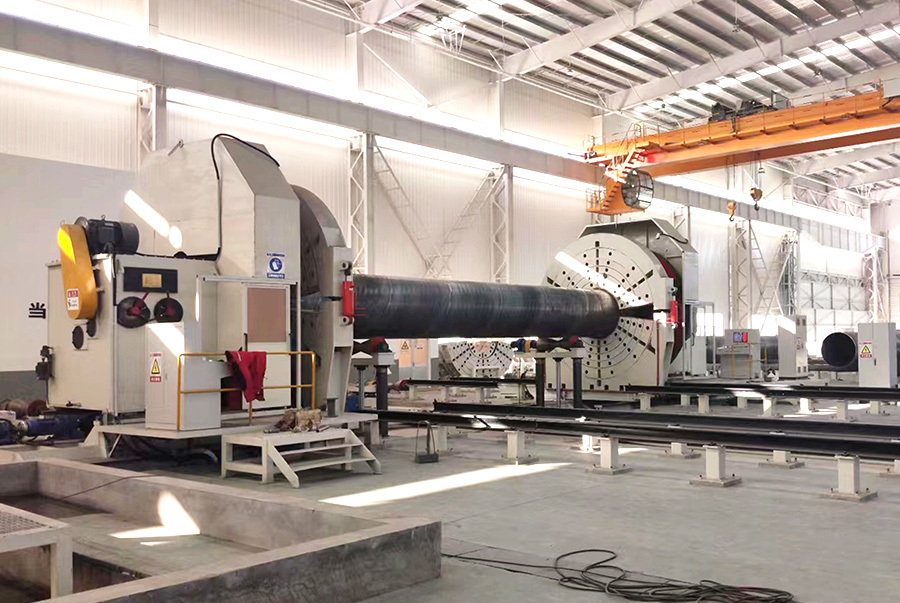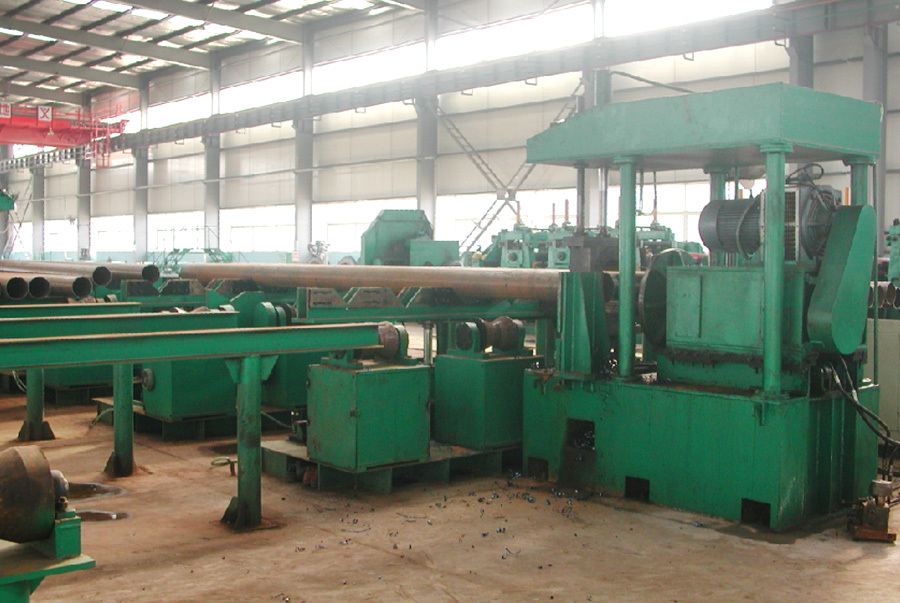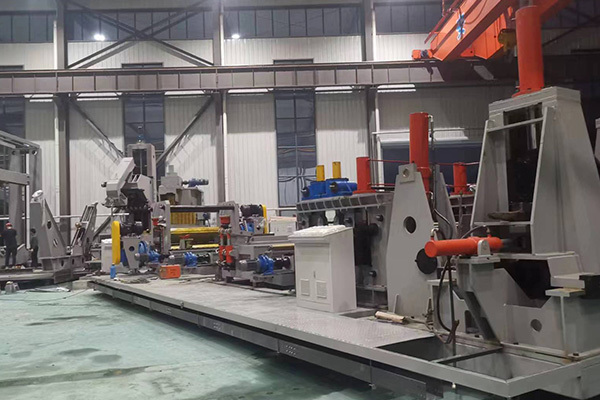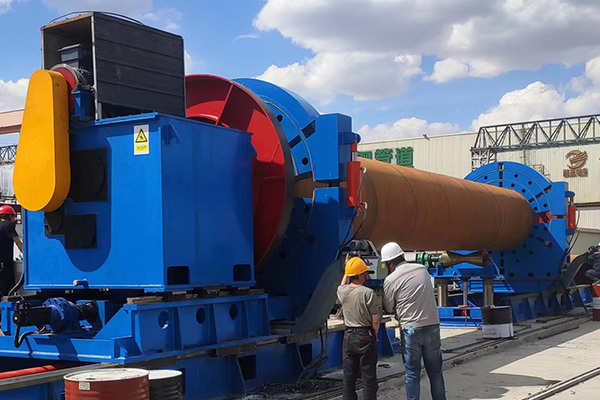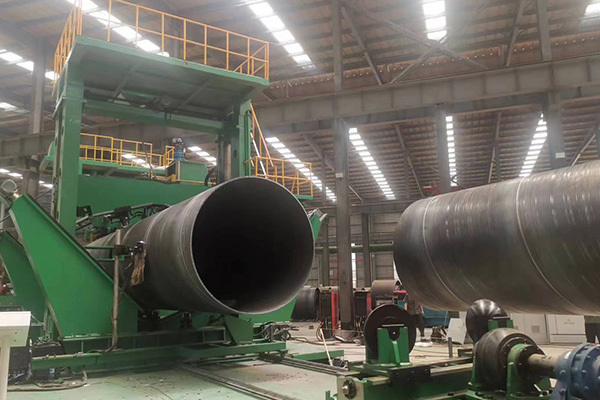How Steel Pipe Mills Revolutionize Electric Tool Production
01 Jul,2025
How Steel Pipe Mills Revolutionize Electric Tool Production
Table of Contents
Introduction to Steel Pipe Mills and Electric Tools
The Role of Steel Pipe Mills in Electric Tool Manufacturing
Technological Advancements in Steel Pipe Mills
Materials Used in Electric Tools and Their Importance
Quality Control in Electric Tool Production
Sustainability Initiatives in Steel
How Steel Pipe Mills Revolutionize Electric Tool Production
Table of Contents
- Introduction to Steel Pipe Mills and Electric Tools
- The Role of Steel Pipe Mills in Electric Tool Manufacturing
- Technological Advancements in Steel Pipe Mills
- Materials Used in Electric Tools and Their Importance
- Quality Control in Electric Tool Production
- Sustainability Initiatives in Steel Pipe Mills
- Future Trends in Electric Tool Manufacturing
- Conclusion
- FAQs
Introduction to Steel Pipe Mills and Electric Tools
In the rapidly evolving landscape of manufacturing, **steel pipe mills** play a pivotal role in the production of a variety of products, including **electric tools**. These mills specialize in producing high-quality steel pipes essential for the durability and functionality of electric tools. By leveraging advanced technologies and methodologies, steel pipe mills not only enhance production efficiency but also improve the overall quality of electric tools available in the market.
The Role of Steel Pipe Mills in Electric Tool Manufacturing
Steel pipe mills serve as a backbone in the supply chain for electric tool manufacturers. The pipes produced are integral components that contribute to the tool's structural integrity and performance. Here are several key roles that steel pipe mills fulfill in the electric tool production process:
1. Providing High-Quality Materials
The quality of steel pipes directly affects the performance of electric tools. Steel pipe mills utilize advanced metallurgy to produce pipes that meet stringent industry standards. This ensures that the electric tools manufactured are not only durable but also capable of withstanding heavy usage.
2. Enhancing Design Flexibility
With the ability to manufacture a wide range of pipe sizes and specifications, steel pipe mills allow electric tool manufacturers to explore innovative designs. This flexibility leads to the development of tools that are lighter, more efficient, and user-friendly.
3. Supporting Mass Production
Steel pipe mills are equipped with high-capacity machinery that facilitates mass production. This capability is crucial for electric tool manufacturers who need to meet high consumer demand without compromising on quality.
4. Streamlining Supply Chains
By producing steel pipes in-house or sourcing them from local mills, electric tool manufacturers can significantly reduce lead times and streamline their supply chains. This agility allows them to respond quickly to market changes and consumer preferences.
Technological Advancements in Steel Pipe Mills
The evolution of technology in steel pipe mills has had a profound impact on the production of electric tools. Key advancements include:
1. Automation and Robotics
The integration of automation and robotics in steel pipe mills has led to increased efficiency and reduced production costs. Automated processes minimize human error and ensure consistent quality in pipe production.
2. Advanced Manufacturing Techniques
Techniques such as **hot rolling and cold forming** have enhanced the ability of steel pipe mills to produce high-strength, lightweight pipes. These advancements lead to better-performing electric tools, which consumers increasingly demand.
3. Data Analytics and IoT
The implementation of data analytics and the Internet of Things (IoT) allows steel pipe mills to monitor production processes in real time. This capability facilitates predictive maintenance, reduces downtime, and optimizes production schedules.
4. Eco-Friendly Practices
Modern steel pipe mills are increasingly adopting eco-friendly practices, such as recycling scrap metal and minimizing energy consumption. These initiatives align with the growing consumer preference for sustainable products, including electric tools.
Materials Used in Electric Tools and Their Importance
The selection of materials in electric tool manufacturing directly influences product quality and performance. Common materials include:
1. Steel
Steel is the primary material used in electric tools due to its strength and durability. Steel pipes are essential for structural components, ensuring tools can withstand rigorous use.
2. Plastics and Composites
Plastics and composite materials are often used for tool casings, offering lightweight options that enhance user comfort and ease of handling.
3. Ceramics
Certain electric tools incorporate ceramic materials for specific functionalities, such as cutting or grinding, due to their hardness and resistance to wear.
4. Electrical Components
The electrical components of electric tools must be manufactured with precision to ensure safety and performance. Steel pipe mills play a critical role in providing the necessary housing and structural support for these components.
Quality Control in Electric Tool Production
Quality control is paramount in the production of electric tools. Steel pipe mills implement rigorous quality assurance processes to ensure that every pipe produced meets industry standards. Key aspects of quality control include:
1. Material Testing
Raw materials are subjected to extensive testing to verify their chemical composition and mechanical properties. This step ensures that the steel used in pipes is of the highest quality.
2. Dimensional Accuracy
Precision in pipe dimensions is critical for the proper functioning of electric tools. Mills utilize advanced measuring instruments to ensure that every pipe adheres to specified tolerances.
3. Performance Testing
Finished pipes undergo performance testing to simulate real-world conditions. This testing helps identify any potential weaknesses before the pipes are used in electric tools.
4. Certification and Compliance
Steel pipe mills often seek industry certifications that validate their quality control processes. These certifications not only instill confidence in manufacturers but also assure consumers of the reliability of the products they purchase.
Sustainability Initiatives in Steel Pipe Mills
The increasing focus on sustainability has prompted steel pipe mills to adopt various initiatives aimed at reducing their environmental impact. Key sustainability efforts include:
1. Energy Efficiency
Steel pipe mills are implementing energy-efficient technologies to reduce their carbon footprint. This includes optimizing production processes and investing in renewable energy sources.
2. Waste Management
Effective waste management practices, such as recycling and repurposing scrap materials, are being prioritized to minimize landfill contributions and promote a circular economy.
3. Eco-Friendly Materials
Some mills are exploring the use of eco-friendly materials and coatings that enhance the longevity of steel pipes while reducing environmental harm.
4. Community Engagement
Steel pipe mills are increasingly engaging with local communities to promote sustainability initiatives, fostering a sense of responsibility and collaboration towards environmental stewardship.
Future Trends in Electric Tool Manufacturing
As technology continues to advance, the electric tool manufacturing industry is poised for significant transformations. Some emerging trends include:
1. Smart Tools
The rise of smart tools, which incorporate IoT technology, allows for enhanced functionality and user experience. Steel pipe mills will need to adapt their production processes to accommodate these new technologies.
2. Customization
There is a growing demand for customized electric tools tailored to specific user needs. Steel pipe mills may play a vital role in producing unique pipe specifications to support this trend.
3. Sustainability as a Standard
Consumers are increasingly prioritizing sustainability. Electric tool manufacturers will need to collaborate closely with steel pipe mills to ensure sustainable practices are integral to the production process.
4. Advanced Robotics
The continued advancement of robotics will further streamline manufacturing processes, leading to improved efficiency and reduced costs, ultimately benefiting the end consumers.
Conclusion
Steel pipe mills are fundamental to the electric tool production landscape, providing the essential materials and innovative solutions that drive efficiency and quality. As technology advances and consumer demands shift, the collaboration between steel pipe mills and electric tool manufacturers will play a crucial role in shaping the future of the industry. By focusing on quality, sustainability, and innovation, this partnership can lead to the creation of superior electric tools that meet the evolving needs of consumers and contribute positively to the environment.
FAQs
1. What is the primary role of steel pipe mills in electric tool production?
Steel pipe mills provide high-quality steel pipes that are essential for the durability and functionality of electric tools.
2. How do technological advancements impact steel pipe mills?
Technological advancements enhance production efficiency, improve quality control, and allow for greater customization in pipe manufacturing.
3. What materials are commonly used in electric tools?
Common materials include steel, plastics, ceramics, and electrical components, each contributing to the tool's performance and durability.
4. How do steel pipe mills ensure quality in their products?
Quality assurance processes include material testing, dimensional accuracy checks, performance testing, and obtaining industry certifications.
5. What sustainability initiatives are steel pipe mills adopting?
Sustainability initiatives include energy efficiency improvements, waste management practices, the use of eco-friendly materials, and community engagement efforts.
Key words:
All
- All
- Product Management
- News
- Introduction
- Enterprise outlets
- FAQ
- Enterprise Video
- Enterprise Atlas
Related News
Working principle and application of spiral welded pipe machine
The straightened steel strip is wound into a spiral shape according to the set spiral angle by the guide device of the forming machine.
2024-09-09
Development direction of spiral welded pipe machine
The development direction of spiral welded pipe machine is mainly reflected in technology upgrading, intelligence, environmental protection and energy saving, and market demand.
2024-09-09
Matters needing attention when using spiral welded pipe machine
When using the spiral welded pipe machine, the operator needs to pay attention to the following aspects to ensure the normal operation of the equipment and production safety:
2024-09-09







